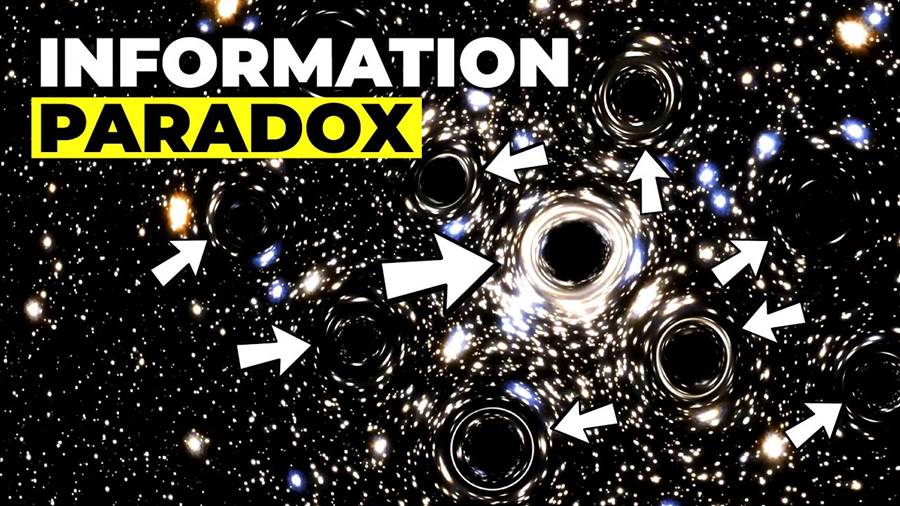
Black holes, known for their immense gravitational pull, have long been believed to destroy any information that comes in contact with them. However, a recent study challenges this long-held theory and suggests that black holes may not actually erase information after all.
The concept of the "information paradox" has puzzled scientists for decades. According to traditional physics, if an object were to fall into a black hole, all of the information about that object would be lost forever. This idea stems from the theory of general relativity, which describes black holes as objects that trap everything within their event horizon.
In the late 20th century, physicist Stephen Hawking proposed a controversial theory known as "Hawking radiation." This concept suggests that black holes emit radiation over time, gradually losing mass and energy. Based on this theory, some physicists proposed that the information that falls into a black hole is gradually released through this radiation. This ignited a debate known as the "black hole information paradox."

The recent study, conducted by physicists Ahmed Almheiri, Xi Dong, and Daniel Harlow, challenges the notion that black holes destroy information.
According to the ER=EPR theory, the entangled particles that exist on the event horizon of one black hole are linked to the entangled particles on the horizon of another black hole. This connection allows information to transfer from one black hole to another without being destroyed. The proposed wormholes, also known as Einstein-Rosen bridges, act as conduits for information transmission.
The researchers believe that the ER=EPR theory provides a solution to the information paradox by demonstrating that information can escape a black hole through these wormholes. This challenges previous beliefs that black holes act as "information sinks," ultimately destroying any details of matter that enter them.
While the study is yet to be fully proven, it offers an alternative perspective on the fate of information in black holes. If the ER=EPR theory is correct, it would revolutionize our understanding of the fundamental principles of the universe and lead to new insights into the behavior of black holes.
In conclusion, the idea that black holes destroy information is being challenged by a recent study. Physicists propose a theory involving interconnected wormholes, which allow information to pass between black holes and be preserved. This challenges the long-held notion that black holes act as information sinks. The study provides an alternative perspective on the fate of information in black holes, potentially revolutionizing our understanding of the universe.








